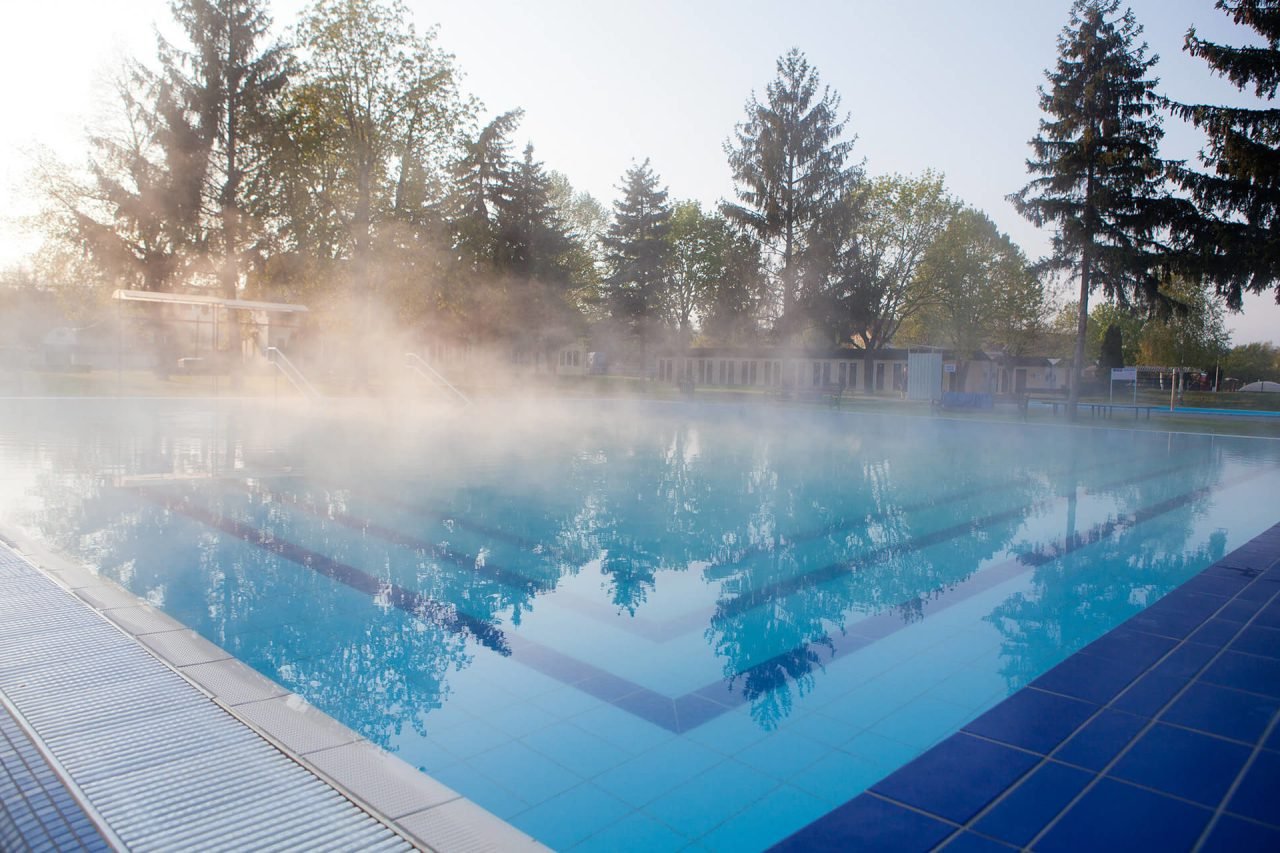Electric vs Water Underfloor Heating: Which Is Better for Your Home?
As modern homeowners seek more energy-efficient and comfortable heating options, underfloor heating systems have become a popular solution. Among the available types, the comparison between electric vs water underfloor heating remains one of the most common debates.
In this guide, Climake, a leading name in advanced heating technology, explains everything you need to know to make the right choice for your property — from performance and cost to sustainability and comfort.
Understanding Underfloor Heating Systems
Underfloor heating delivers gentle, evenly distributed warmth from the ground up, eliminating the cold spots typical of traditional radiators. The system can use electric cables or water-filled pipes, depending on your preferences and building type.
This heating method ensures a luxurious, efficient, and aesthetically pleasing way to warm any space.
Electric Underfloor Heating: How It Works
Electric underfloor heating systems use heating mats or cables installed beneath the floor surface. Once connected to a thermostat and power supply, they warm up the floor and radiate heat throughout the room.
Main Advantages
-
Fast installation, perfect for renovations
-
Ideal for smaller rooms or individual zones
-
Quick heat-up time and easy temperature control
Climake provides premium electric systems designed for maximum efficiency, comfort, and long-term reliability.
Water (Hydronic) Underfloor Heating: How It Works
Water underfloor heating systems (hydronic) use a network of pipes that circulate warm water from a boiler or heat pump beneath the floor. This radiant heat system is especially effective in large areas and new constructions.
Main Advantages
-
High energy efficiency over large spaces
-
Lower running costs with renewable heat sources
-
Compatible with sustainable energy systems like solar or heat pumps
Climake’s hydronic solutions are engineered to deliver powerful, consistent warmth while optimizing energy use.
Electric vs Water Underfloor Heating: The Key Differences
| Feature | Electric System | Water (Hydronic) System |
|---|---|---|
| Energy Source | Electricity | Water via boiler/heat pump |
| Installation | Easier, less invasive | More complex, ideal for new builds |
| Running Cost | Higher (electricity-based) | Lower (especially with renewables) |
| Heat Response Time | Faster | Slower but steady |
| Maintenance | Minimal | Requires periodic inspection |
| Best Use | Small or renovated areas | Large or new constructions |
Efficiency Comparison
When comparing electric vs water underfloor heating, both deliver excellent comfort and even heat distribution. However, electric systems are better suited for intermittent use — like bathrooms or kitchens — while water systems excel in continuous heating environments like full homes or offices.
Climake ensures both options are optimized for energy savings and environmental responsibility.
Installation Costs and Complexity for Electric vs Water Underfloor Heating
-
Electric Systems:
Quick and cost-effective for small projects. Installation can often be completed in a single day. -
Water Systems:
Require pipe installation within the floor, which makes them ideal for new builds or major renovations. Though the initial investment is higher, the running costs are lower in the long term.
Operating Costs and Long-Term Savings
Electric systems cost more to operate due to electricity prices, but they’re cheaper to install.
Water systems, when combined with energy-efficient boilers or heat pumps, can reduce energy bills significantly — providing a faster return on investment.
Climake helps clients evaluate both options based on their energy goals and budget.
Comfort and Heat Distribution
Underfloor heating creates a consistent and gentle warmth across the entire floor. Both systems eliminate cold drafts and provide enhanced indoor comfort.
With Climake’s smart thermostats, users can easily adjust temperature zones for personalized comfort and energy control.
Maintenance and Lifespan
Electric systems require minimal maintenance — usually just periodic checks.
Water systems may need occasional inspections for valves, pumps, and pipes, but they typically last longer, often exceeding 25 years with proper care.
Environmental Impact
Both systems support sustainable heating, but water systems can achieve a lower carbon footprint, especially when paired with renewable sources like solar panels or ground-source heat pumps.
Climake emphasizes eco-friendly technologies that align with modern environmental standards.
Best Applications for Electric vs Water Underfloor Heating
-
Electric Heating: Ideal for small rooms, apartments, or renovation projects.
-
Water Heating: Best suited for large residential spaces, commercial buildings, or new constructions.
Climake customizes each system Electric vs Water Underfloor Heating according to the building design, usage patterns, and energy needs.
Why Choose Climake for Underfloor Heating
As a trusted leader in climate control solutions, Climake offers:
-
Tailored electric and hydronic systems designed for efficiency
-
Expert consultation and professional installation
-
Sustainable and cost-effective designs built to last
Whether you want quick installation or long-term energy savings, Climake ensures your comfort with precision-engineered heating systems.
When comparing electric vs water underfloor heating, the best choice depends on your building type, energy goals, and budget.
Electric systems offer quick, flexible installation — while water systems deliver superior efficiency and cost savings in the long run.
With Climake, you get both innovation and reliability — ensuring your home stays warm, comfortable, and energy-efficient all year round.
FAQs about Electric vs Water Underfloor Heating
1. Electric vs Water Underfloor Heating which is more energy-efficient?
Water underfloor heating is typically more efficient, especially when connected to a heat pump.
2. Can I install underfloor heating in an existing home?
Yes, electric systems are perfect for retrofits, while water systems are ideal for new builds.
3. How long does installation take?
Electric systems can be installed in a day; water systems may take several days depending on size.
4. Are underfloor heating systems eco-friendly?
Yes, especially when powered by renewable energy sources like solar or heat pumps.
5. Why choose Climake for underfloor heating?
Climake combines expertise, technology, and energy efficiency to deliver world-class heating solutions.



